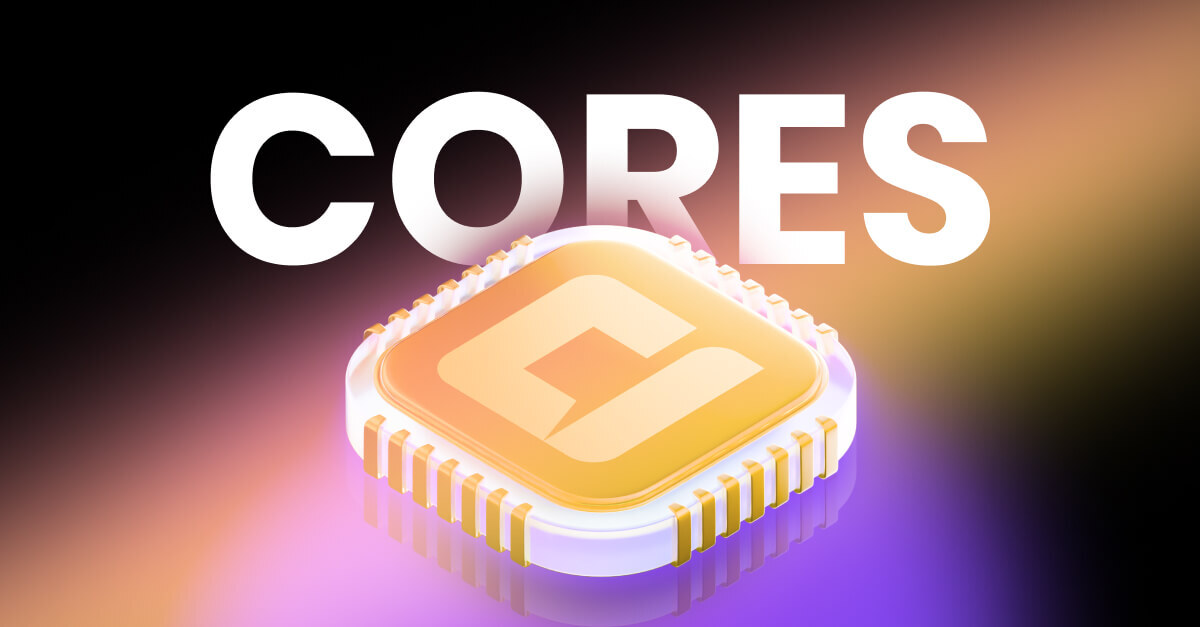


Learn how to manipulate arrays in JavaScript by adding, combining, and inserting elements at specific positions. Master core methods like push(), unshift(), splice(), and concat().
In JavaScript, managing arrays is a fundamental skill that allows you to organize, access, and manipulate your data efficiently. Whether you're adding items, combining lists, or inserting elements at specific positions, understanding the core methods like push(), unshift(), splice(), and concat() will empower you to handle data with ease. Here's a quick guide to get you started:
- Add to the end: Use
push()to add one or more items to the end of an array. - Add to the beginning: Use
unshift()to insert items at the start. - Insert anywhere:
splice()allows you to add or remove items from any position. - Combine lists:
concat()merges two or more arrays into a new one, without altering the original arrays. - Direct placement: Use array index notation to add items at specific positions by directly setting them.
These methods provide the flexibility to modify arrays directly or create new ones, catering to various scenarios and needs. By mastering these basic operations, you'll be well-equipped to organize and manipulate data in JavaScript.
Core Array Manipulation Methods
Here are some tools (methods) you'll often use to change your arrays in JavaScript:
push()- Puts new items at the end of your arraypop()- Takes the last item out of your arrayunshift()- Puts new items at the beginning of your arrayshift()- Takes the first item out of your arraysplice()- Lets you add or remove items from anywhere in your array
These tools change your array directly. This means they modify the original array instead of making a new one.
Adding Elements to an Array
Let's look at different ways to add items to a list in JavaScript.
The push() Method
Think of push() like adding a book to the bottom of a stack. It puts one or more items at the end of a list and tells you how long the list is now.
Here's a quick example:
const fruits = ['Apple', 'Banana'];
fruits.push('Orange');
console.log(fruits); // ['Apple', 'Banana', 'Orange']
push() changes the list you use it on by adding items to the end. You can add many items at once if you want:
fruits.push('Mango', 'Pineapple');
console.log(fruits); // ['Apple', 'Banana', 'Orange', 'Mango', 'Pineapple']
The unshift() Method
unshift() is like putting a book at the top of your stack. It adds one or more items to the start of a list and returns the new length.
For example:
const fruits = ['Apple', 'Banana'];
fruits.unshift('Strawberry');
console.log(fruits); // ['Strawberry', 'Apple', 'Banana']
Just like push(), unshift() changes the original list by adding items to the beginning. You can also add several items this way:
fruits.unshift('Blueberry', 'Raspberry');
console.log(fruits); // ['Blueberry', 'Raspberry', 'Strawberry', 'Apple', 'Banana']
The splice() Method
splice() lets you add items into the middle of a list without removing anything. You say where to start, how many items to not remove (usually 0), and what items to put in:
const fruits = ['Apple', 'Banana'];
fruits.splice(1, 0, 'Lemon', 'Cherry');
console.log(fruits); // ['Apple', 'Lemon', 'Cherry', 'Banana']
splice() is handy for adding items anywhere in the list.
The concat() Method
concat() combines two or more lists into a new one. It doesn’t change the original lists.
For instance:
const fruits = ['Apple', 'Banana'];
const moreFruits = ['Mango', 'Pineapple'];
const allFruits = fruits.concat(moreFruits);
console.log(allFruits); // ['Apple', 'Banana', 'Mango', 'Pineapple']
concat() gives you a new list with all the items from the ones you combined.
Array Index Notation
You can also add items by setting them at positions that don’t exist yet:
const fruits = ['Apple', 'Banana'];
fruits[2] = 'Orange';
console.log(fruits); // ['Apple', 'Banana', 'Orange']
By choosing an index number that isn't used yet, you can put a new item right there.
sbb-itb-bfaad5b
Use Cases and Recommendations
Push vs Unshift
When you want to add elements to an array in JavaScript, you can use push() or unshift(). Here's what you need to know about them:
- Speed:
push()is quicker because it just adds to the end.unshift()can be slower since it adds to the start and has to adjust the position of everything else. - Adding many at once: Both
push()andunshift()let you add more than one item at a time. For instance:
let fruits = ['Apple', 'Banana'];
fruits.push('Orange', 'Mango'); // Adds to the end
fruits.unshift('Strawberry', 'Pineapple'); // Adds to the start
- Keeping the original array: Both methods change the array they're used on but don't create a new one.
Basically:
- Use
push()to add items to the end if you're looking for speed. - Use
unshift()to add items to the start if the order is key. - Both are good for adding several items at once.
Splice vs Concat
splice() and concat() are two ways to add elements, but they work differently:
-
Changing the original array:
splice()adds elements directly into an array, changing it.concat()makes a brand new array and leaves the old ones as they were. -
Speed:
concat()is usually faster thansplice()when joining arrays. -
Where you can add: With
splice(), you can add anywhere in the array.concat()only lets you put things at the end. -
Adding from more than one array:
concat()can mix together lots of arrays into one.splice()is more for adding items from just one source.
So, in short:
- Pick
splice()when you need to insert items at a specific spot in an array. - Choose
concat()for joining arrays quickly without changing the original ones. concat()is also great for mixing multiple arrays together.
Conclusion
Let's wrap up what we've learned about adding things to lists in JavaScript:
push()is your go-to when you want to add something to the end of a list.unshift()is perfect for putting new things at the beginning of a list.splice()is super useful for adding items in the middle of a list.concat()lets you join two lists together without messing up the originals.- Adding directly with array index notation is handy when you know the exact spot where something should go.
Getting the hang of these basic actions allows you to change the content of lists easily. Whether it's adding a single item or combining whole lists, at the start, end, or anywhere in-between.
push() and unshift() are straightforward for quick adds. splice() and concat() are better for more detailed tasks like placing items in specific spots or merging lists. Using index notation is best when you have a precise location in mind.
As you practice, adding to lists will become a breeze. You'll know which method to use for each task. This way, you can organize and rearrange your data just how you like it.
So, go ahead and mix, move, and add items in your lists. Knowing how to work with lists is a crucial part of learning JavaScript.

.png)








